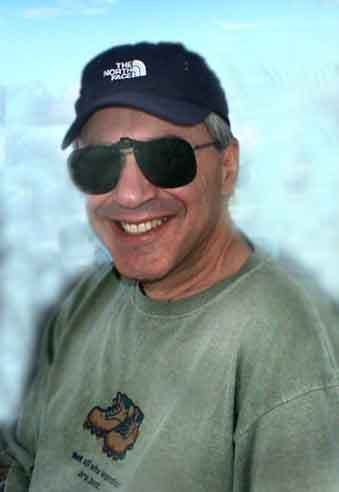This Train Must Always Leave the Station!
"Arriving on track number...," we've all heard that over the speaker at some train station at one time or another. It's here. The train is here with, presumably, one or more people who we've come to meet. These are great moments resulting in that expression beeing bent and extended to "having arrived."
To have arrived infers success. The struggling actress finally gets a lead roll and the press announces that she "has arrived." Touchdown. Score. Goal achieved. That's great, but the more important question, at least for me, is what next? So, one has arrived, scored, gained success and achieved a goal. Time to feel good, celebrate a bit, maybe even brag. They've earned it. But the time comes when it is time to move on. Every train, no matter how important its occupants and its arrival, eventually must leave the station. It must move on. It must leave that place of joy and celebration and do what is next...what ever it is that needs to be done. Otherwise, it ceases to have value as a train.
So, when people ask me why I continue to train in the ACA school of kayak instruction, I am a bit perplexed by the question. Apparently having become a level 3 and then level 4 coastal open water certified instructor indicates to some that I had arrived. Well, yes, I did. And I took great joy in it (and still do. After all, teaching is my passion). Once that glow had peaked, however, I started working on being a better paddler and a better instructor, even if there were no more stripes to add to my sleeve (heck, pfd's don't even have sleeves). I continued to practice strokes and to paddle with my mentors and to ask questions and to watch other instructors and to steal other good teaching ideas. I loved it and it, in turn, fed me.
There came a time, however, when I got that nagging-restless feeling; and I knew...it was time for this train to leave the station. Stagnation was not a viable choice. Improve, move on or rust in the station. I became an Instructor Trainer student. I have been doing that for two years and cannot tell you how much my mentor (Sam Crowley) has taught me. I am not just working on kayaking or even teaching kayaking. I am working on learning theory, teaching to teach and (heaven knows I hate it) organizing things in advance. Some of the latter is tough for a mind like mine. Organizing two things is harder for me than any course in medical school. But I am working at it. It is a challenge and it is clear that I have left the station I was in a short time ago.
So, someone asks, when will I arrive at the next station. The answer is simple: Don't know, doesn't matter. I am on the journey, and as long as I am moving forward and growing, I am content. I am too busy to worry about arrival times. I am driving my own train and it is enough that I am staying on the tracks and making good time. Welcome aboard.
Paddle safe...
DS







